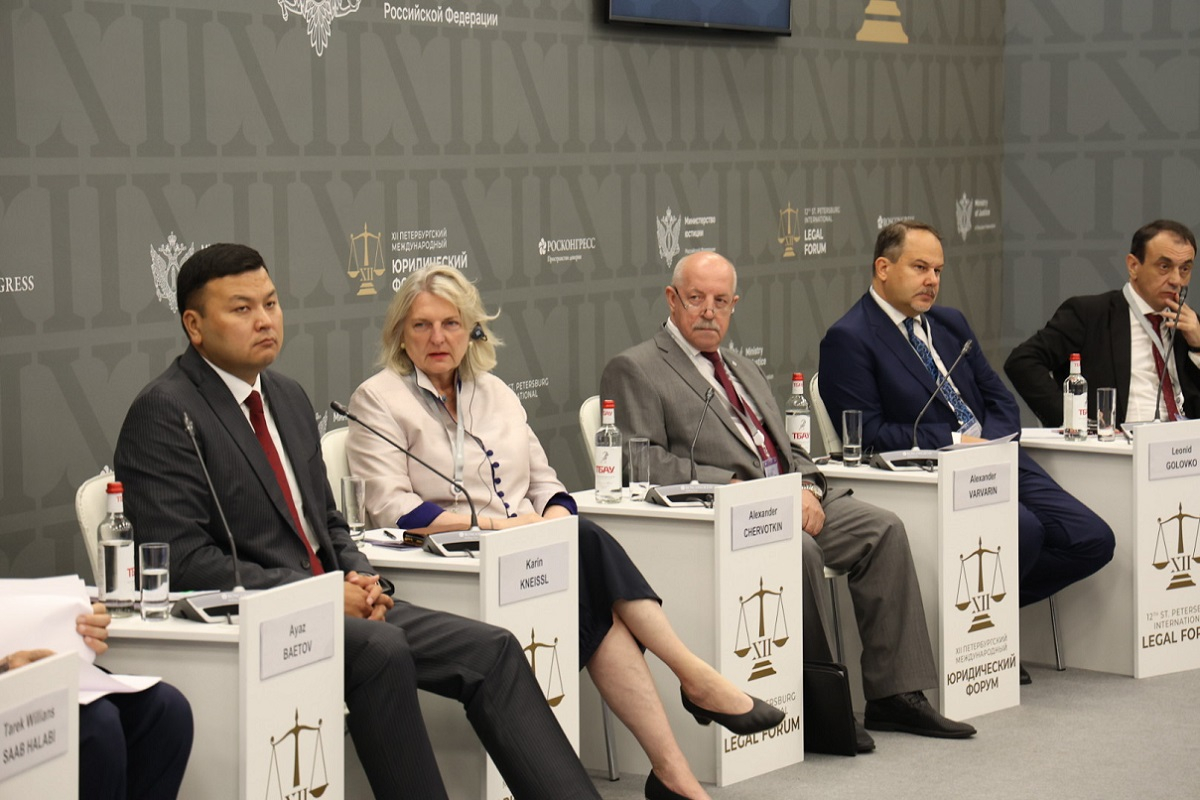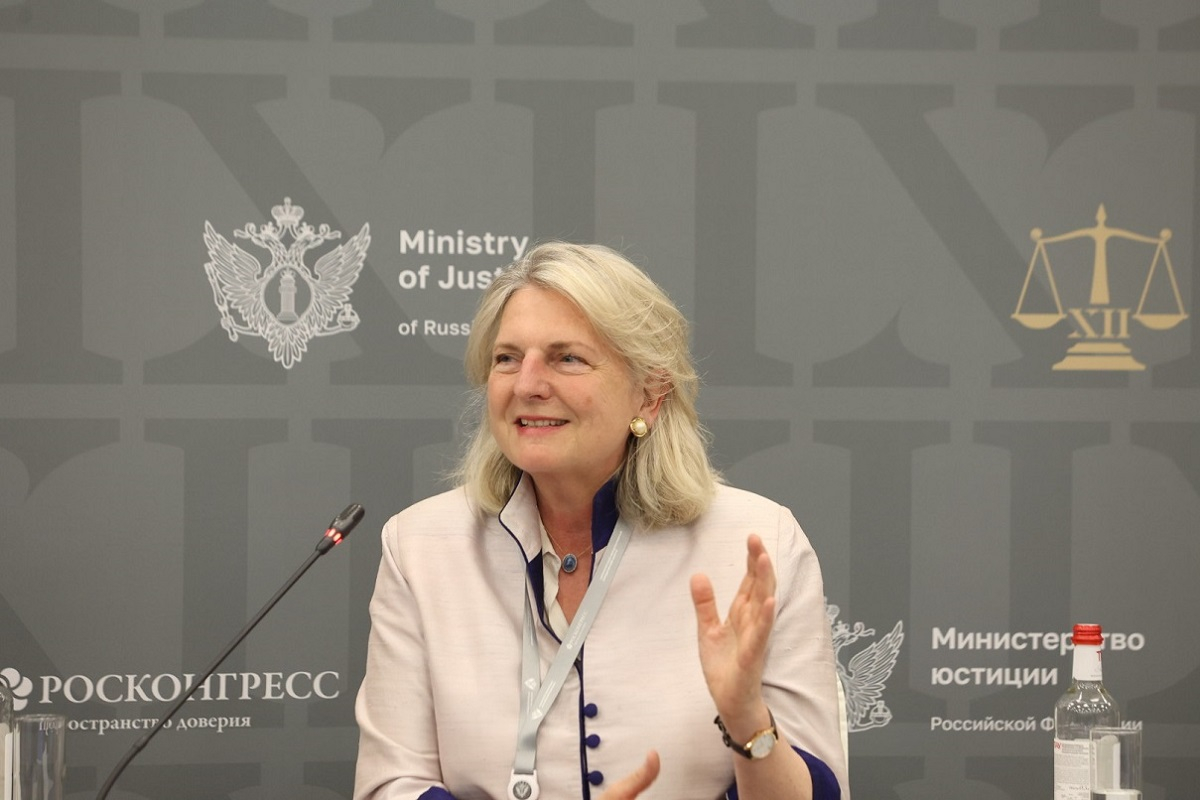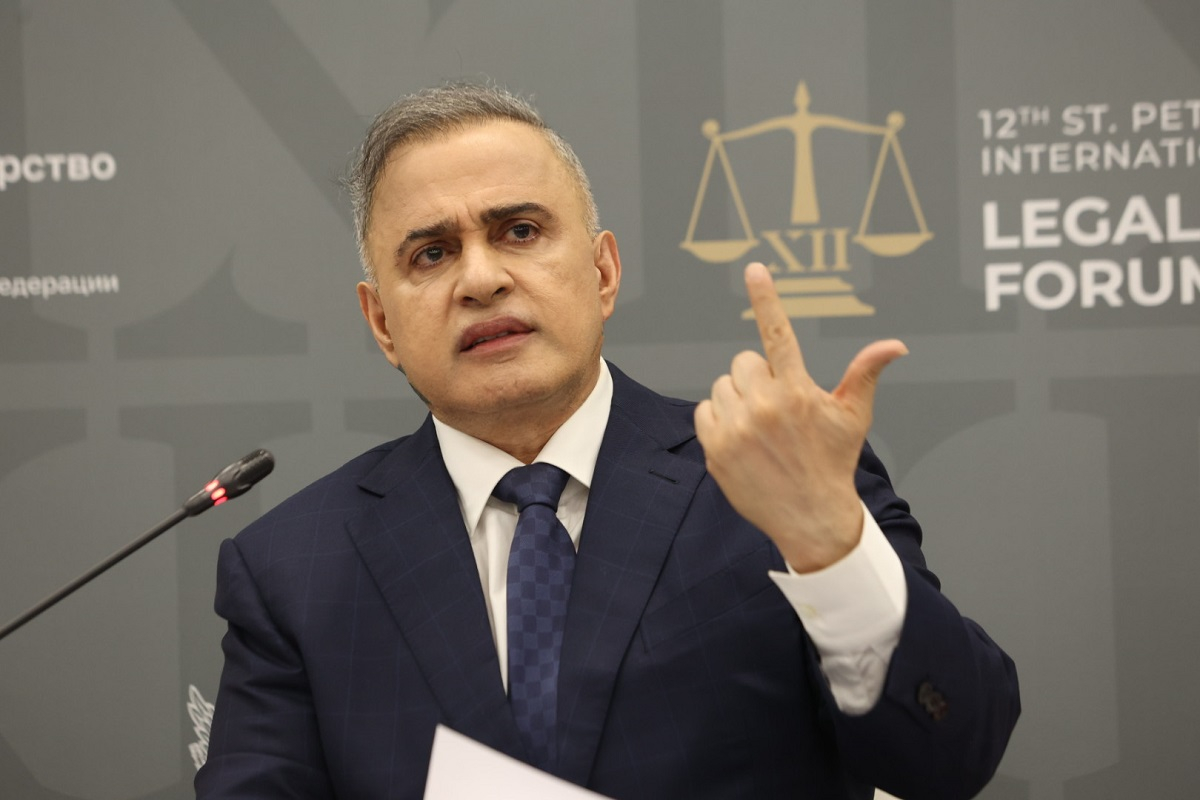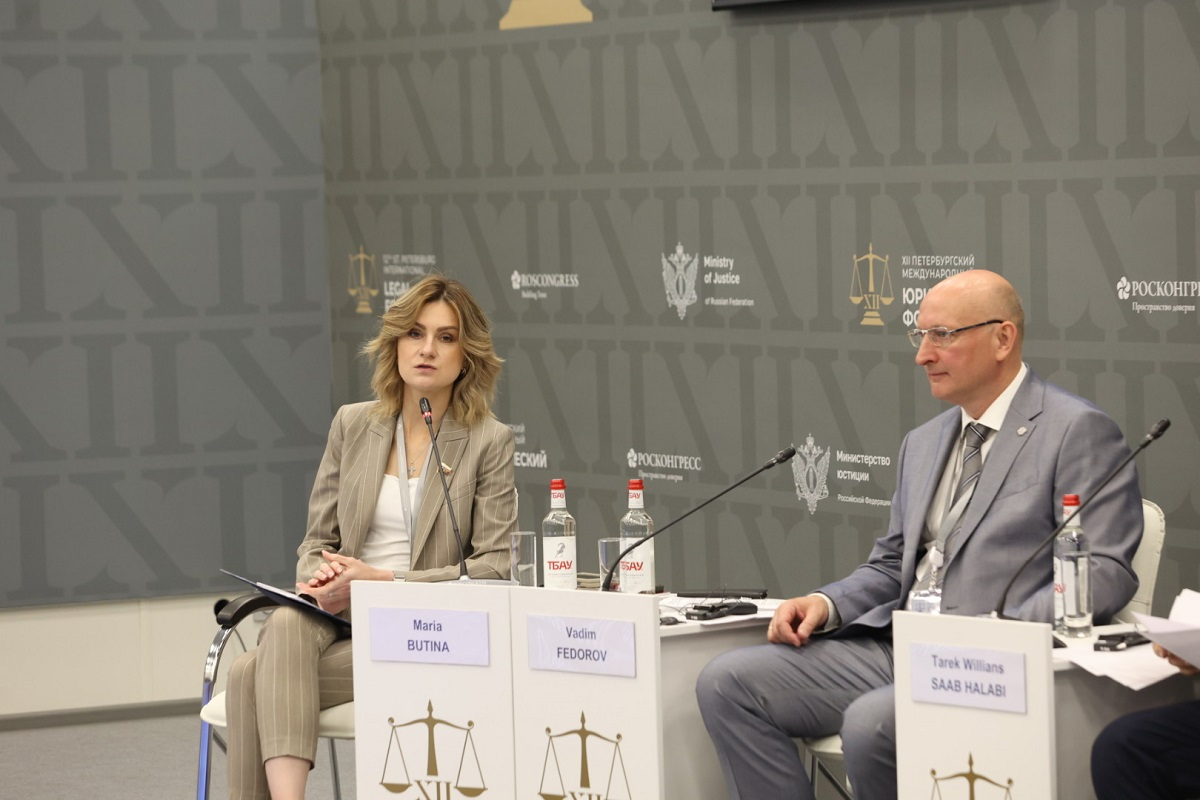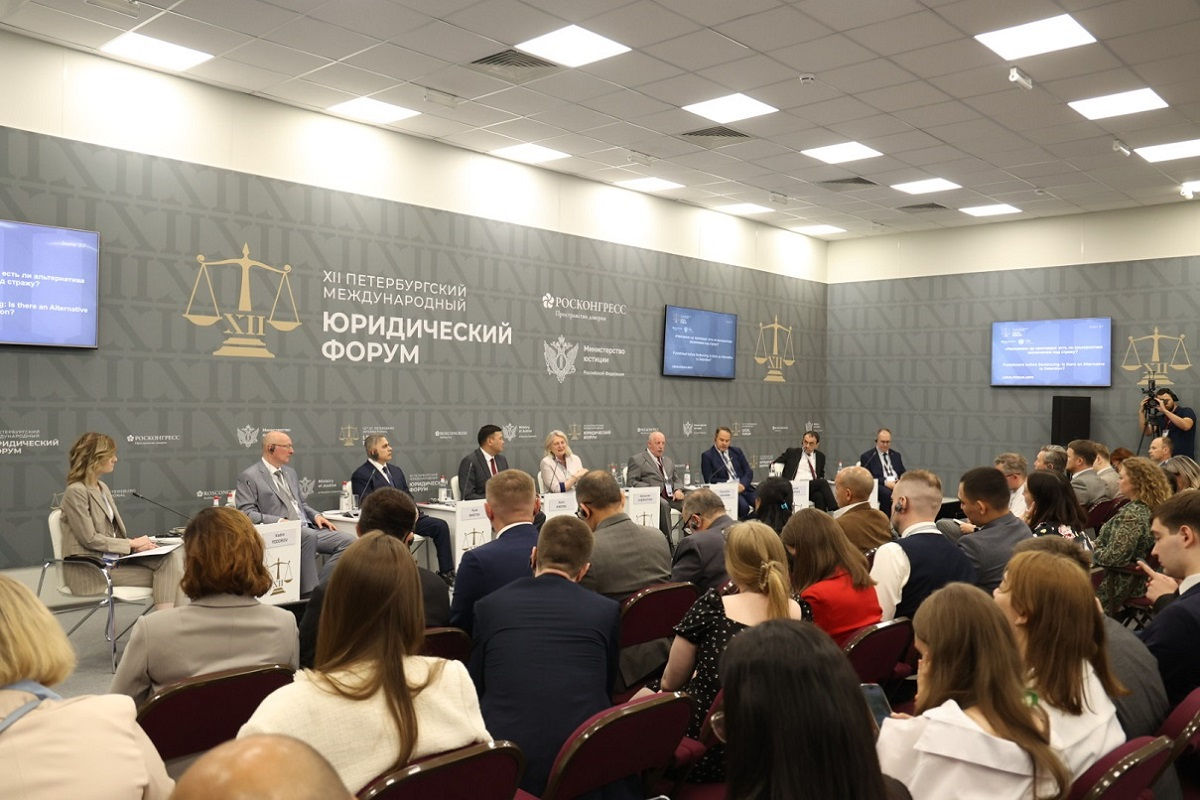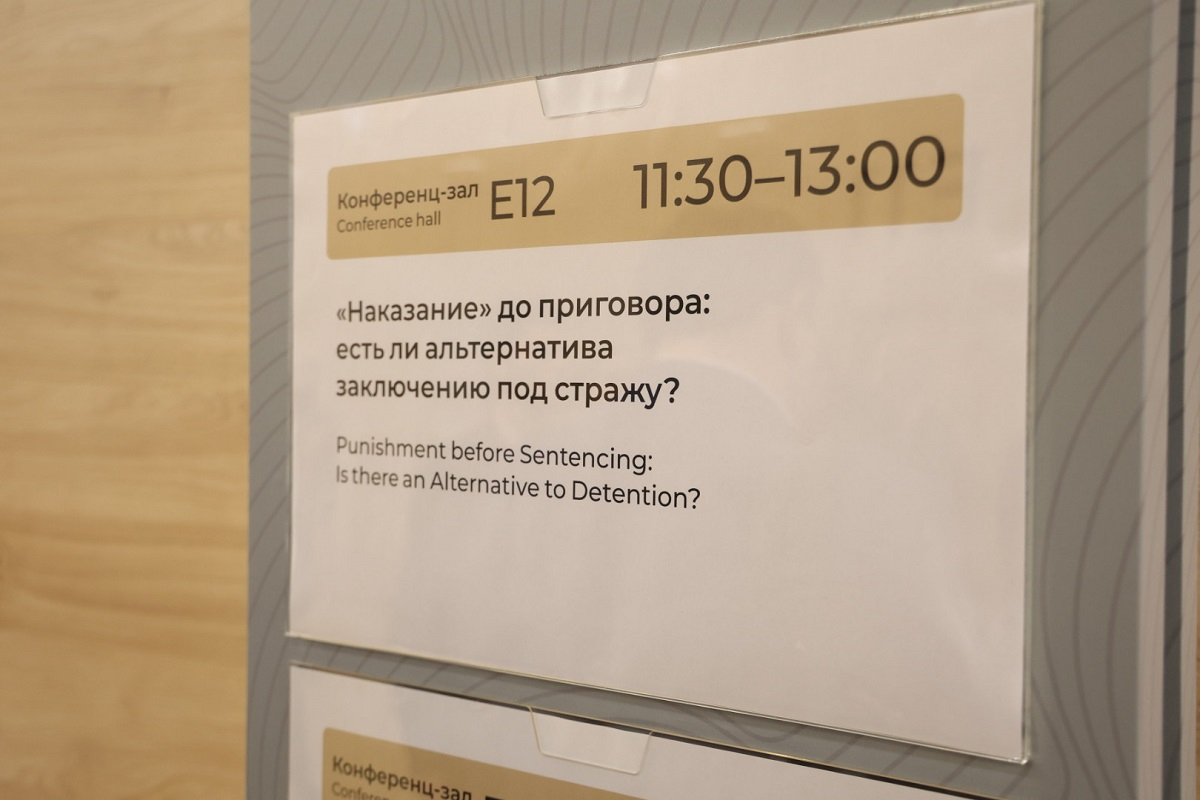Karin Kneissl, Head of the G.O.R.K.I. Centre at St Petersburg University: "The catastrophe for Europe is in the absence of the rule of law"
As part of the St Petersburg International Legal Forum 2024 (SPILF), the discussion sessions "Punishment Before Sentencing: Is there an Alternative to Detention?" and "Abolition of Law in Western Countries" were held with the participation of Karin Kneissl, Head of the Geopolitical Observatory for Russia’s Key Issues (G.O.R.K.I. Centre) at St Petersburg University.
Punishment Before Sentencing: Is there an Alternative to Detention?
The session participants included: Ayaz Baetov, Minister of Justice of the Kyrgyz Republic; Tarek William Saab, Attorney General of the Bolivarian Republic of Venezuela; Vadim Fedorov, Deputy Minister of Justice of the Russian Federation; Karin Kneissl, Head of the G.O.R.K.I. Centre at St Petersburg University; and other experts. In the course of the session, the participants discussed the experiences and best practices of a number of foreign states in selecting preventive measures for persons under criminal prosecution and assessed the system of crime prevention measures in the Russian Federation. Dr Karin Kneissl, Head of the G.O.R.K.I. Centre at St Petersburg University, spoke about the importance of developing alternative preventive measures and positively assessed the practices of Kyrgyzstan in developing an electronic surveillance system for persons subjected to criminal prosecution.
Dr Kneissl shared the fact that in the 1990s, many citizens of Austria remained in detention centres for long periods of time during the investigation phase. Consequently, the European Court of Human Rights in Strasbourg has amassed a backlog of cases on such violations. "The Strasbourg Court’s rulings against Austrian citizens resulted in people being kept in detention centres for extremely long periods of time during the investigation phase. The system was far from ideal, we could hardly be proud of it," Dr Karin Kneissl said.
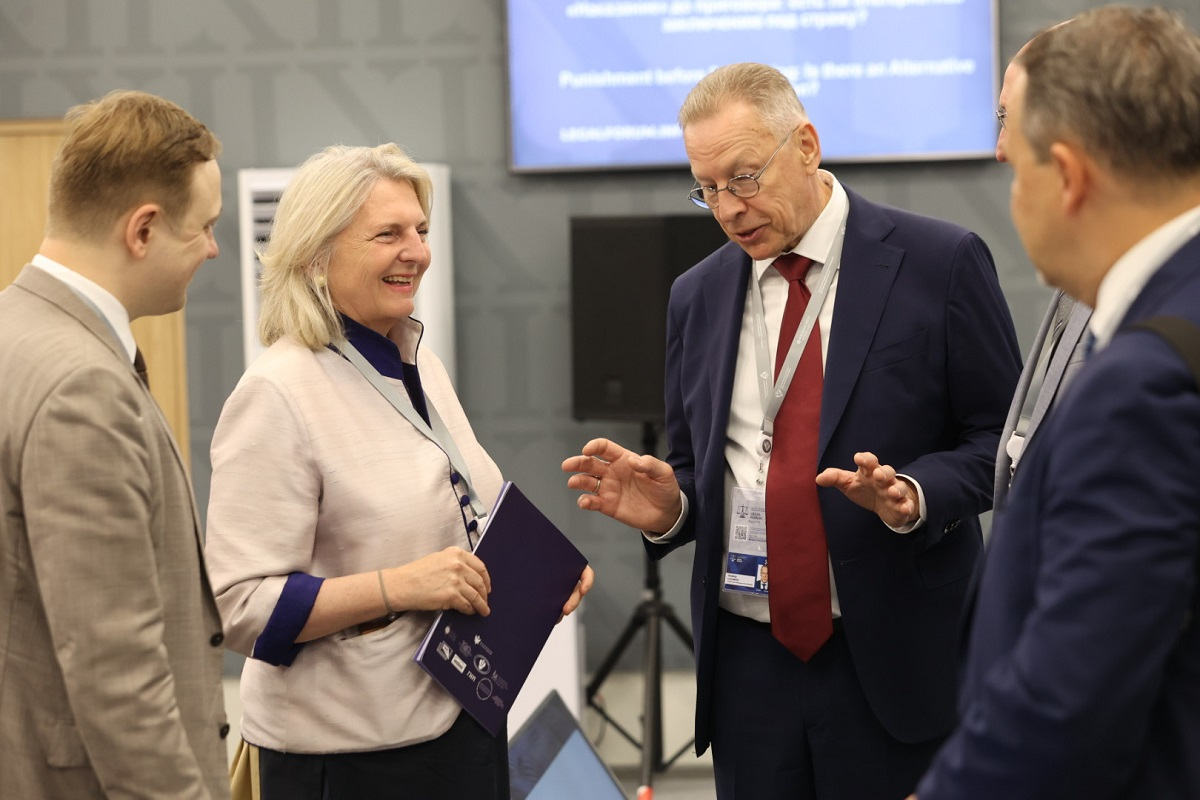
Dr Kneissl added that in some countries, there a vicious practice of holding prisoners in the military jail facilities where detainees can be abused and tortured. "At the Guantanamo Bay detention camp, there are still detainees who were never charged with a crime," she said. "The United States detention camp at Guantanamo Bay, which is still in operation and the practice of inter-state transfers to a military base in Kosovo to employ enhanced interrogation techniques of detainees in order to avoid doing so in an EU state at the risk of breaking the law are evidence of the deplorable decline of the rule of law in the West," Karin Kneissl emphasised.
"The catastrophe for Europe is in the absence of the rule of law," said Dr Karin Kneissl, Head of the G.O.R.K.I. Centre at St Petersburg University.
Abolition of Law in Western Countries
During the session, the participants discussed the freezing of funds and closing of bank accounts of non-sanctioned companies and individuals, as well as court cases challenging the inclusion in the "sanctions lists". Another focal point for discussion was procedural criminal law and how it is distorted in many Western countries.
Speaking about the the legal norms in European countries, the Head of the G.O.R.K.I. Centre at St Petersburg University noted that they are becoming more and more irrational. She expressed the opinion that the legal situation in the European Union is becoming reminiscent of the lawless Middle Ages rather than of a modern enlightened society. "European integration was based on agreements, on a compliance with law, not on contestations between states or dynastic marriages. There is a perfectly legal concept, but now it has gone out of bounds," Karin Kneissl stressed.
According to Karin Kneissl, the problem lies in the structure of the civil service and the bureaucracy that is reigning everywhere in the European Union.
When you face the present-day European bureaucracy, it feels as if you are re-reading Franz Kafka. Moreover, Europe is lacking people with legal education to work in these huge and peculiar bureaucratic machines.
Dr Karin Kneissl, Head of the G.O.R.K.I. Centre at St Petersburg University
Among the participants in the discussion were: Irina Yarovaya, Deputy Chairman of the State Duma, Honoured Lawyer of the Russian Federation; Tomasz Szmydt, former Polish judge; Denis Ulanov, member of the Moldovan Parliament; and other speakers.


